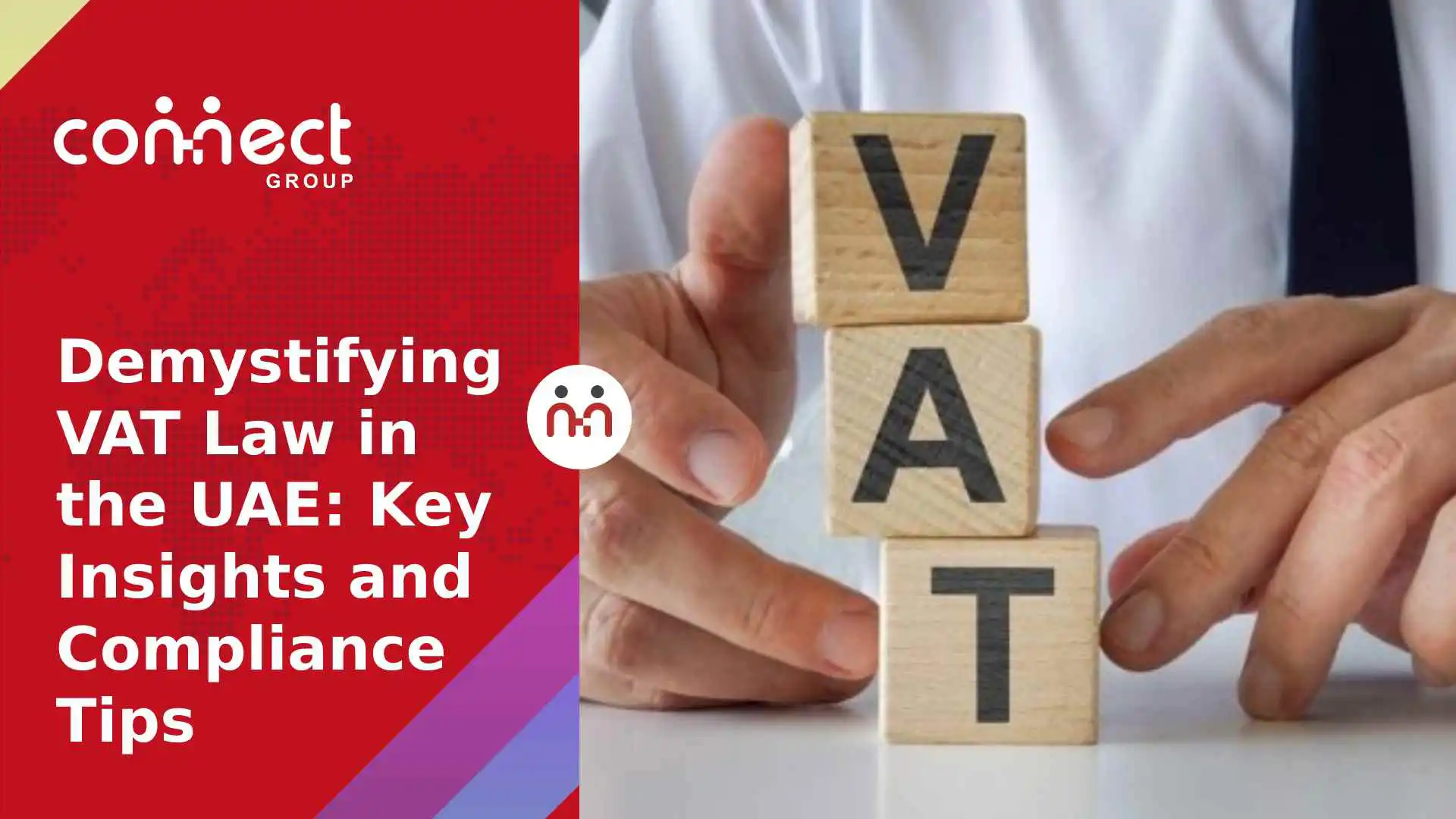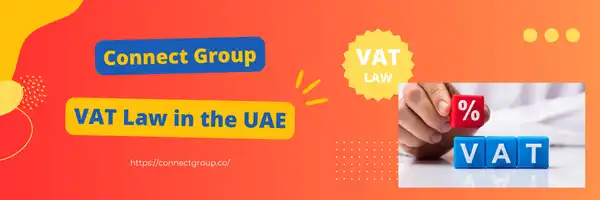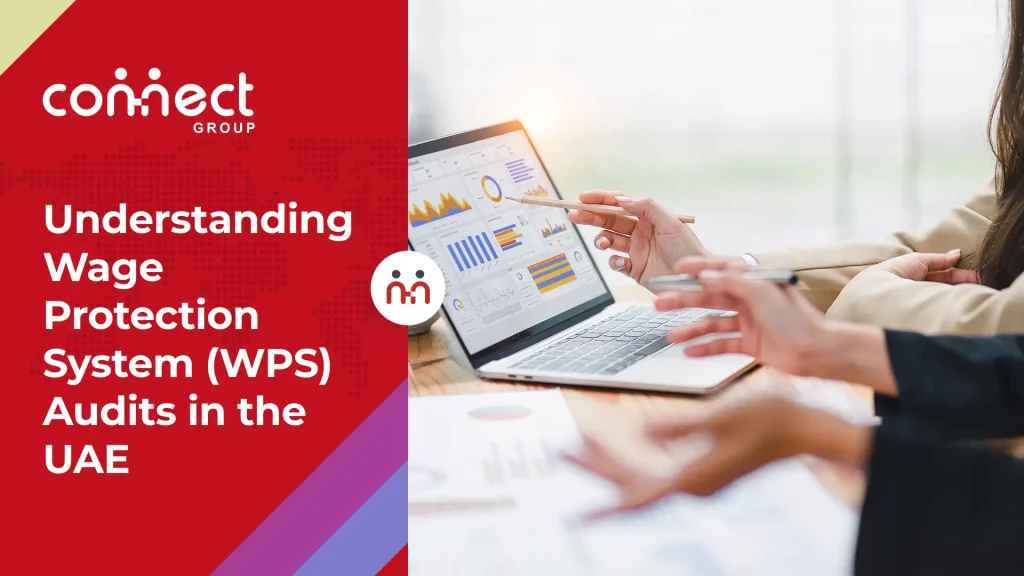The UAE is renowned for having favorable tax laws. The VAT in the UAE has, however, undergone several alterations in recent years. As a result, whether you are a resident of the UAE, an investor, a visitor, or someone else, you need to be fully in the know about the VAT law UAE.
In this article, we will be talking about VAT compliance in the UAE. We have put together a comprehensive tutorial on how to grasp the UAE VAT law and all that surrounds it. This, because we are aware of how challenging it may be to understand the VAT in the UAE. Let us look!
VAT Registration Process in the UAE: Step-by-Step Guide
It is crucial to comprehend what VAT is before delving further into UAE VAT regulations. First off, a tax is how the government generates income. As a result, this income is to fund public services including infrastructure, public hospitals, and public schools.
There are numerous tax categories in this regard. However, they can broadly appear into two categories in the UAE:
-
- A direct tax is one that is paid to the government by the individual it is levied against. The taxation of companies in the UAE can serve as one illustration of this.
- An indirect tax is one where the government collects money from the individual who will ultimately pay it through the use of a middleman, such as a retail establishment. The VAT and sales tax are two examples.
What then is VAT in the UAE? It is a form of indirect tax known as the value-added tax, which is sometimes referred to as a general consumption tax. VAT is a global practice that appears at each stage of the manufacturing chain in many nations.
It follows that businesses are responsible for tax collection and accounting, with final consumers typically footing the bill for VAT. The company then pays the authorities the tax that they obtain.
As a result, if you intend to establish a business in Dubai, you must determine whether you qualify to charge VAT.
For VAT registration in the UAE, you must:
-
- Go to the FTA portal.
- Create a new account.
- Sign up.
- Start the process.
- Enter the details.
- Submit the application.
- Receive the TRN number.
VAT Refunds in the UAE: Eligibility Criteria and Procedures
Businesses with headquarters outside of the region have the right to VAT refunds in the UAE for any expenses made there. While the majority of UAE citizens will be eligible to pay VAT at every stage of the manufacturing process, foreign enterprises and visitors may be eligible for refunds in certain circumstances.
The implementation of VAT law UAE is necessary for a specific taxable supply of products and services. The UAE’s system only has two rates, unlike many other nations that have multiple tiers of VAT rates:
-
- Standard: The ordinary VAT rate of 5% applies to a great deal of products and services.
- Zero: Healthcare and educational services, a few precious metals, foreign travel, and export items are all zero-rated supply.
Although most goods and services in the UAE are subject to the usual VAT rate, if your company has no official registration there, you may be eligible for a VAT refund. UAE officials are going to review your request before you may get your VAT refund. If everything is accurate, you should get your money back in four months.
If you successfully register for UAE VAT, you have up to 28 days after the end of your tax month to file your VAT return. In the UAE, tax periods are either quarterly or monthly.
-
- If your company’s yearly revenue is less than AED 150 million, you must submit every three months.
- You must file monthly if your company generates AED150 million or more in revenue each year.
You must first register for a profile with the UAE Federal Tax Authority (FTA) in order to submit your VAT return there. Once there, you can register on the FTA site by visiting the eServices area.
Documents Required for VAT Registration in the UAE
Businesses must provide all the necessary documentation for VAT Registration in order to obtain the Tax Registration Number (TRN). The following documents are necessary for VAT registration in order to register online:
-
- Trade license copy.
- Valid passport.
- Emirates ID.
- Company contact details.
- Memorandum of Association.
- Individual’s contact details.
- Company bank details.
- 12-month turnover declaration.
- Purchase invoices or sample of sales.
- Custom letter (if necessary).
The Federal Tax Authority (FTA) will receive all the paperwork necessary for VAT registration through an online approach. After submitting an online application for VAT registration in the UAE, it will take the FTA between two and three working weeks to assess the application and provide the Tax Registration Number (TRN).
Common Mistakes to Avoid in VAT Compliance in the UAE
VAT return late filling: In the United Arab Emirates, a VAT return needs to be submitted by a specified date. This VAT-related error has been happening several times. The FTA has set monthly and quarterly deadlines to guarantee that VAT returns are in place on time. It is crucial for businesses to stay on top of these schedules and finish the tax return filing process well in advance to avoid any unforeseen rush that could result in errors in computations or omissions.
No record-keeping: For the purpose of facilitating VAT filing and bookkeeping, the VAT law UAE mandate that companies preserve records of their operations for at least five years (15 years in the instance of real estate). All payments, receipts, outlays, and other supporting documentation for VAT filings fall under this category. Sadly, a lot of businesses neglect to keep track of all these accounts, or even when they do, they do not update and manage them frequently.
Wrong tax point: The day the transaction takes place is known as the tax point (also known as the “time of supply”). As a result, you must make sure that the activities that are subject to the designated tax points appear on the proper return during the applicable tax period. The most frequent error happens when supplies happen near the conclusion of a tax quarter. They then appear in the wrong return.
Calculation mistakes: The most crucial step in creating accurate VAT returns is applying the correct VAT rates. When determining the proper amount of VAT for the products and services they provide, business owners make mistakes. This will lead to more erroneous estimates and payments, which could lead to fines.
Understanding VAT Disputes and Appeals Process in the UAE
Taxpayers should be aware of their rights and how tax litigation works in the UAE as the VAT environment there starts to stabilize.
The initial stage in any dispute between taxpayers and the Federal Tax Authority (FTA) is to submit an “Application for Reconsideration.” The Tax Disputes Resolution Committee (TRDC) can then receive an objection. An appeal may be in place with the federal court system if the tax plus VAT penalties in the UAE surpass AED 100,000. Taxpayers will need the assistance of seasoned UAE litigators and knowledgeable UAE tax advisors.
Globally, there are numerous obstacles for taxpayers to overcome in order to follow VAT rules. When taxpayers disagree with a tax authority’s technical application of the law or its imposition of penalties, it becomes more difficult. Taxpayers should be aware of their rights and how tax litigation works in the UAE as the VAT environment there starts to stabilize.
The taxpayer may submit an objection to the pertinent TDRC, all of which are by Ministerial Decision, in the case that the payer and the FTA are unable to settle their disagreement through the reconsideration process.
To make sure that consumers put their best foot forward when completing this procedure and give themselves an optimal opportunity to resolve the issue as early in the tax conflict process as possible, we advise that you work with a UAE litigation attorney with experience in UAE managerial disputes. This, along with a UAE tax expert with experience in tax law meaning and tax agency interactions, to produce the relevant documentation.
VAT Law and Cross-Border Transactions: What You Need to Know
Cross-border business deals offer excellent chances for financial gain and raised stakeholder or investor value. Gains frequently increase by cost reductions from reducing operations, administration, investment, and other areas. However, if proper preparation is not used, cross-border transactions can result in additional taxes that could reduce the advantages gained through operational savings.
Under the VAT, imports are taxable. The importer of goods or services who registers for VAT in the UAE needs to pay VAT on importation on a reverse charge basis. In addition, imports are subject to customs duties. The following categories apply to the scenarios of importance:
-
- Import made by a VAT-registered individual.
- Import made by a non-VAT registered party.
- Goods were transshipped through the UAE to other GCC nations.
- Goods exported from the UAE to other nations.
A 5% VAT rate will be applied to imports. The import of valuable metals is the lone exemption, for which a 0% VAT rate is in effect. To guarantee that imports receive taxes equally with domestic goods, the VAT rate that applies to imports is maintained at the same level as the VAT rate that applies to domestic suppliers.
Reverse charge: Typically, the person making the supply of goods or services is responsible for tax collection and payment to the Federal Tax Authority (FTA). The term for this is forward charge. Reverse charge means that the recipient of the goods is responsible for paying the Federal Tax Authority’s tax on the supply. Due to the supplier’s absence from the UAE and lack of registration there, imports fall under the responsibility of the importer who is registered for VAT in the UAE.
Understanding Taxable Supplies under VAT Law in the UAE
Supplies typically qualify as taxable supplies under the UAE VAT, which also includes zero-rated goods and exempt supplies. A standard rate of 5% VAT applies to taxable supplies, whereas no tax is applied to zero-rated and exempt supplies. However, zero-rated and exempt supplies receive differing VAT treatment.
The ways in which VAT on supply is applied and handled vary. The location of the recipient, the provider, the place of supply, and other elements are important in deciding if VAT is applicable.
Domestic taxable supplies: All local supplies of items or services within the UAE must be VAT charged by a VAT registered provider. VAT from customers is output tax and must be disclosed in the VAT report. Standard UAE VAT regulations apply in this case.
Reverse tax supplies: Businesses set up in the UAE must pay VAT on certain designated suppliers, such as imports of products and services from other VAT-implementing GCC countries on a reverse charge basis. They are able to claim the VAT as an input tax during the same tax period. So that no additional tax is payable or reclaimable for the purchase. Standard UAE VAT law UAE rates apply in this case.
Zero-rated supplies: A VAT supplier can charge zero-rate VAT (i.e. 0% VAT) on certain declared items and services. For instance, export of items and amenities, foreign transportation services, and so on.
Exempt supplies: There are several items and services that are exempt from VAT. Including financial services, housing structures, vacant land, local passenger transportation, etc.
Intra-GCC supplies B2B: Exempt from VAT in products and services to buyers in other GCC implementing regions.
Intra-GCC supplies B2C A: Suppliers in the UAE providing items to buyers outside implementing states obtain standard tax.

To learn more regarding UAE laws, you can go to our insights section.





